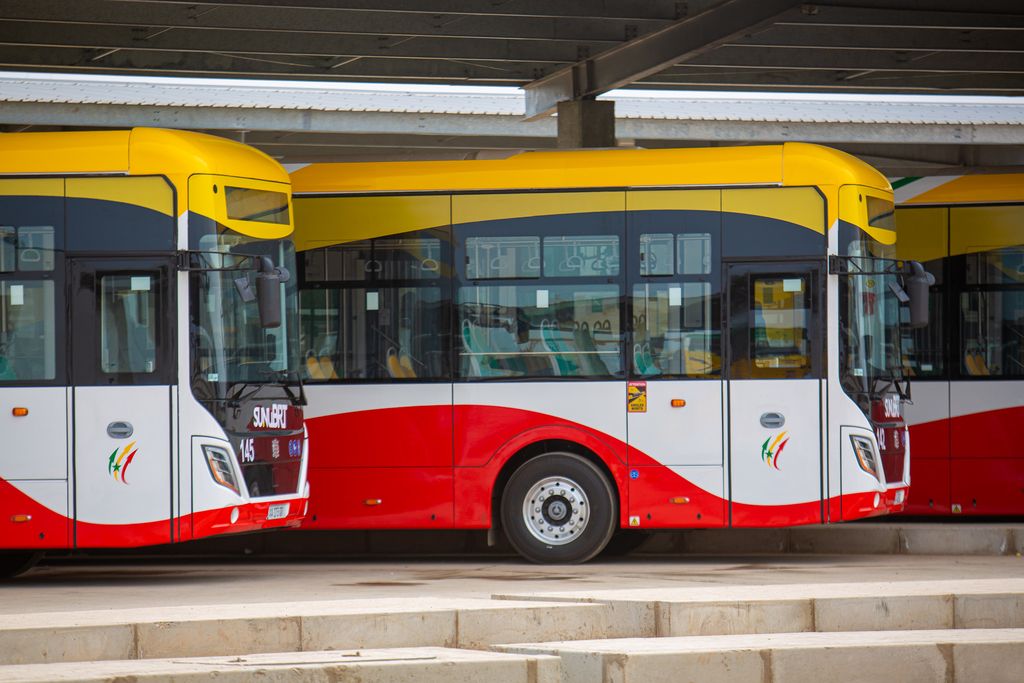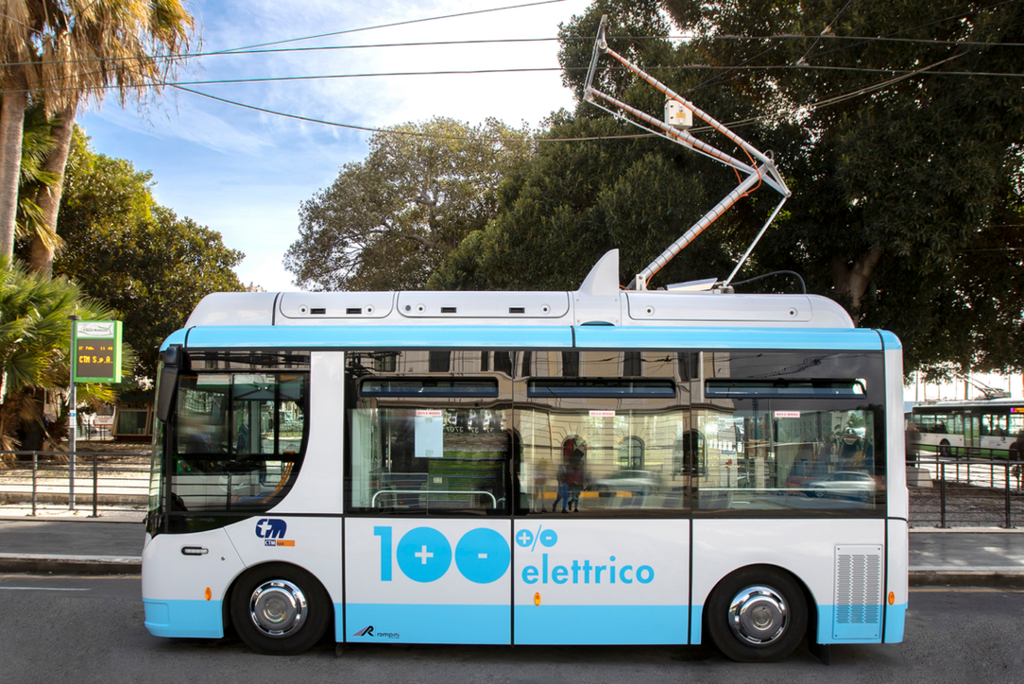
Fuel cell buses: Best practices and commercialisation approaches
A walk-through on fuel cell technology
With the increasing pressure on city authorities to work towards the Paris Agreement goals and tackle air pollution, fuel cell buses (FCBs) are one of the few zero emission transport solutions. Under development for some years and gaining traction ever since, due to the short refuelling times and long range of the vehicles, FCBs are a viable option for decarbonising public transport networks.
The Joint Initiative for hydrogen Vehicles across Europe programme, known as the JIVE and JIVE 2 projects, in conjunction with the MEHRLIN project, are funded by the EU and are introducing new fleets of FCBs and associated hydrogen refuelling infrastructure in cities and regions across Europe. UITP is a partner in these projects.
This Knowledge Brief reproduces a fictional case study from the JIVE and JIVE 2 Best Practice Report 2020 which provides an account of how a new adopter might go about integrating a fleet of FCBs. The aim of this brief is to give readers a better understanding of the process, using a walk-through approach from start to finish and identifying best practices along the way. For more factual and technological information, you can check out the full project report.
Download the Knowledge Brief (French)
Download the Knowledge Brief (Spanish)
Download the Knowledge Brief (Portuguese)
Download the Knowledge Brief (German)
Download the Knowledge Brief (Danish)
Download the Knowledge Brief (Hungarian)
Clean buses offer an important role in transforming our cities into more liveable and healthy places. For many years now, UITP has been following and supporting the development and deployment of different clean bus solutions. The level of maturity reached today by fuel cell technologies should be recognised as one of the main solutions for zero emission buses.
exclusive resources











